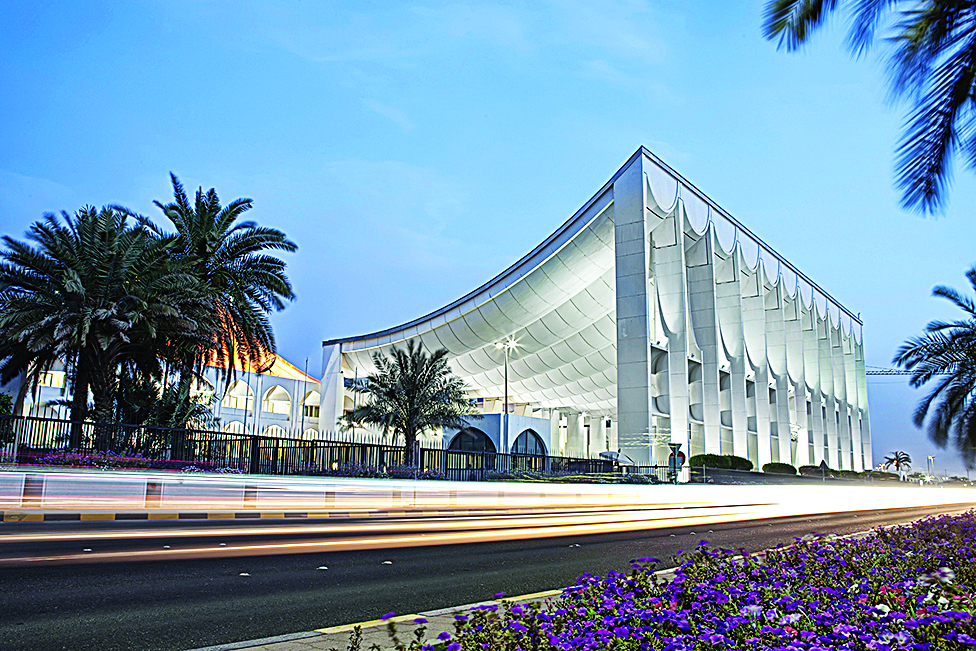KUWAIT: Political powers have agreed to prioritize a roadmap to work with the government after the upcoming National Assembly elections on issues that are currently being discussed in the political arena in Kuwait. Informed sources told Kuwait Times issues regarding expatriates in Kuwait will take precedence, especially those that have been assigned to the parliament but have not yet been addressed, including imposing fees on remittances by residents, reviewing health fees of expatriates and directing them for treatment to the private sector by next year, as well as implementing a plan on demographics in the form of a new residency law.
These issues should be discussed in the initial parliamentary sessions of the next National Assembly, so the government can have time to review them and issue regulations to be implemented before the middle of next year, the sources said. They pointed out that all political forces are convinced on imposing fees on remittances, and believe that the government's justifications for refusal previously are not justified, especially since other Gulf countries applied this law without any negative repercussions. Moreover, the Kuwait Chamber of Commerce and Industry is no longer strongly opposed to this law and expressed willingness to participate in discussions.
The sources indicated that the political forces agreed that the demographic structure will be at the top of the upcoming Assembly's priorities, through demands to reduce the number of expatriates in Kuwait with specific dates and practical procedures and replace them with Kuwaitis, and not according to what private companies desire.
A company that does not appoint Kuwaitis should pay fines for every expatriate it appoints, as well as preventing it from participating in government tenders, a procedure that is applied in neighboring Gulf countries that brought results. The sources stressed the political forces believe that the expatriate labor force in Kuwait has reached three million, which is a very large number that is much greater than the needs of the Kuwaiti market, which constitutes a burden on public services and threatens security, and is not useful for achieving real economic development.
The sources said the political forces will form a lobby to pressure the government to reduce the number of new arrivals, indicating that some of the communities that are currently bloated will be reduced by cutting the number of new arrivals. Only specialized workers will be hired from these countries and work permits of those who are laid off will not be renewed, in order to force them to leave. Security campaigns against residency violators will be continuous and daily, in addition to increasing residency fees and curbing visit visas. Only those whose salaries are high will be allowed to bring their families, the sources added.
The sources said the political factions that represent Islamist, liberal and independent segments of the Kuwaiti society agreed that these issues will be at the forefront of their campaigns in order for those elected to agree to put forward to the government proposals to be discussed in parliamentary committees and approved by laws.
They stressed the government should be aware that these laws are necessary popular demands, which they have no choice but to approve and pass, after these issues had been the subject of government hesitation or complacency in the past. The sources told Kuwait Times that these issues include all matters regarding the economy, education and employment, among other issues that concern Kuwaiti citizens.











